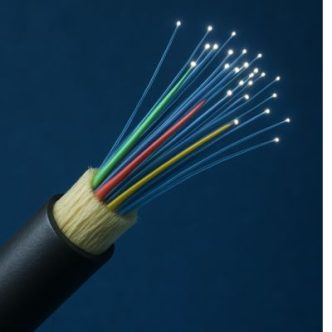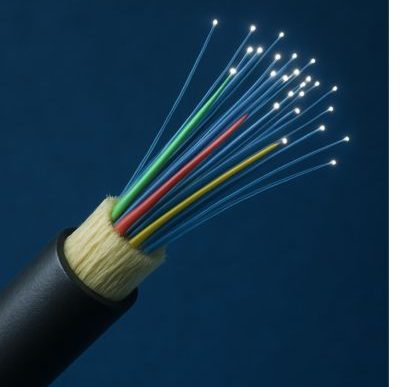At its core, a marketing funnel has one mission: turn interest into action. Whether that action is a purchase, a signup, or a demo request, every step should be carefully designed to move prospects forward.
In 2026, with digital competition at an all-time high, simply sending traffic to a generic page isn’t enough. You need a funnel builder that personalizes the journey, tests variations, and delivers a seamless experience, all while capturing the data needed to improve performance.
Why Conversions Depend on the Right Tool?
A good funnel builder can be the difference between a conversion rate of 2% and 10%. The tools you choose influence:
- Testing: The ability to A/B test headlines, calls-to-action, and layouts quickly.
- Personalization: Showing each visitor the right offer at the right time.
- Speed: Loading fast enough to keep users engaged, especially on mobile.
Top Conversion-Boosting Funnel Builders
1. involve.me
involve.me specializes in building high-converting, personalized funnels without coding. Its conditional logic dynamically changes questions, offers, or outcomes based on user responses, ensuring visitors only see content relevant to them. This reduces friction and builds trust, two key factors for conversions.
The platform’s built-in analytics and AI-generated reports make optimization straightforward, showing you exactly where drop-offs occur and what’s driving the best results. With a wide range of customizable templates, CRM integrations, and lead scoring, involve.me ensures every lead that moves forward is primed for conversion.
2. Instapage
Instapage delivers fast-loading, well-designed landing pages, but its usefulness largely ends at the top of the funnel. While the post-click personalization is helpful for ad campaigns, the lack of multi-step funnel capabilities forces teams to stitch together other tools for a complete conversion journey. At its premium pricing, this narrow focus can feel limiting, especially when other platforms combine similar design control with broader funnel automation.
3. ClickFunnels
ClickFunnels offers pre-built funnels that work well for standard sales sequences, but its rigid frameworks can make advanced personalization and tailored customer journeys more challenging. Businesses that want deep control over messaging and design may find themselves constrained by its templates. Combined with a pricing structure that can be steep for small teams, it’s better suited to those who want quick setups over custom optimization.
4. GetResponse
GetResponse combines email marketing and funnel creation in a single platform, but its funnel capabilities are relatively basic compared to dedicated conversion tools. While useful for content-driven campaigns, it may not provide the level of customization or testing required for higher-volume sales environments. For teams focused on precision optimization, the platform’s strength in email automation doesn’t fully make up for its limited funnel depth.
5. Systeme.io
Systeme.io is a budget-friendly all-in-one platform that covers funnels, email marketing, course hosting, and ecommerce. While it’s not as advanced in testing and personalization as premium tools, it offers all the essentials for building and optimizing simple conversion funnels.
Its low cost and bundled features make it a strong choice for small businesses and startups that want to boost conversions without major software expenses.
Conclusion
The right funnel builder is only half the equation, the other half is how you use it. Platforms like involve.me give you the ability to personalize the user journey in real time, ensuring every interaction is geared toward conversion.
Whether you prioritize speed and design precision (Instapage), proven sales frameworks (ClickFunnels), or email-driven nurturing (GetResponse), the key is choosing a tool that supports your testing, personalization, and optimization strategy. In 2026, those who combine the right software with smart CRO tactics will consistently outperform their competitors.












